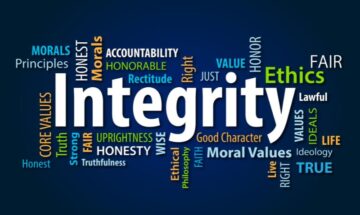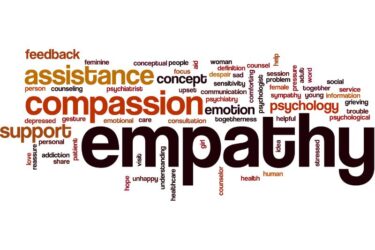
Core Values Are What You Believe
Core values are traits, integrities, or qualities that are not just worthwhile. They represent an individual or an organization’s highest priorities, deeply held beliefs, and core, fundamental driving forces.
Values comprise the heart of what your organization and its employees stand for worldwide. They demonstrate your own intrinsic worth and beliefs.
Values are also intrinsic to the vision of your organization that you present to customers and stakeholders. Internally, your values are the manifestation of your soul that your employees experience.
Your core values are fundamental to attracting and retaining the best, most contributing employees. Your values demonstrate how you value your employees every day.
Core values are also known as guiding principles because they form a solid core of who you are, what you believe, and who you are and want to be going forward.
Core Values Define What Your Organization Demonstrates
Your values describe how you want your organization to resonate with and appeal to employees and the external world. Integrate your core values with your employees’ belief systems and actions so that clients, customers, and other shareholders see your values in action.
For example, successful companies’ hearts and core values are evident in how they serve customers and value employees.
- When customers tell the company they feel cherished by the business, you know your employees live your core value of extraordinary customer care and service.
- You demonstrate the value of partnership when customer feedback guides decisions about your product offerings.
- When employees express gratitude for your care and thoughtfulness when they experience tragedy and times of sorrow, you are demonstrating your values of empathy, compassion, and appreciation.
Core Values Form the Foundation of Your Organization
Values form the foundation for everything that happens in your workplace. Your employees’ core values, experiences, upbringing, and so on meld together to form your corporate culture.
The core values of the founder of an organization permeate the workplace. Their core values are powerful shapers of the organization’s culture.
The core values of your senior leaders are also important in developing your culture. The reason? These senior leaders have great power in your organization to set the direction and define daily actions.
Senior Leaders and Managers Define the Employee Experience
The senior leaders and the managers who report to them set the tone for establishing the quality of the work environment for people.
The quality of the work environment employees experience reflects the core values of all employees, but the values of your senior leaders who walk their talk are overreaching.
To incorporate and reinforce their values, your leaders and managers have selected employees who they believe have congruent values and fit your workplace culture. They hope that the employee experience of being valued will enhance the desired culture.
Parents or partners also shape the culture experienced by family members in the home. Your values exhibited in words, actions, and expectations define the experience of family members. They help shape the world experience and, hopefully, help the next generation express values congruent with yours.
Conclusion
You cannot overemphasize the power of core values at work or home. They are beacons guiding your everyday actions in your workplace and life. They form the foundation for everything else: decisions, actions, relationships, and the environment in which you live.



